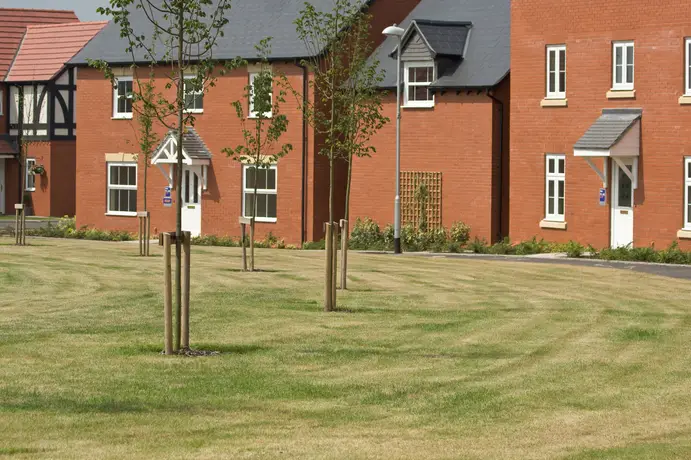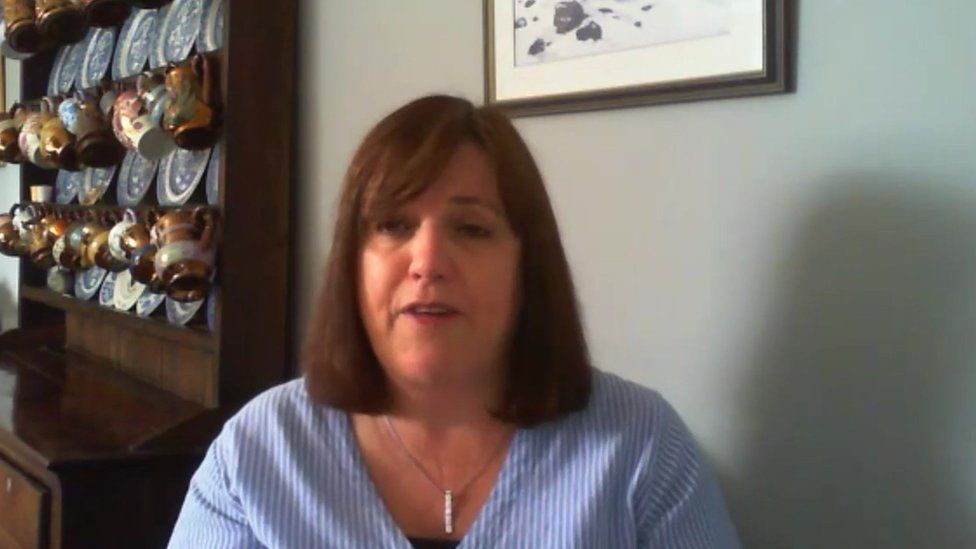
New targets for phosphate pollution in rivers putting planning applications on hold. across Wales.
The frustration between building developers and the Welsh Government has risen due to Natural Resources Wales (NRW), in January, set new targets for important phosphate pollution in Special Areas of Conservation (SACs) across the country, meaning some areas are no longer possible to be built on. The Welsh government said some factors “must not be jeopardised”.
Currently in Ceredigion there are 45 applications all at a standstill because of the new rules (made 6 month ago)
Phosphates are naturally occurring minerals found in human and animal waste, meaning the increase of accommodation in areas means an increase of waste entering our treatment plants which then enter our waterways. While it aids the growth of plants, in can and often does also lead to a dramatic growth in algae and deplete oxygen levels when they enter water courses in large quantities.
More than 60% of water bodies in affected areas failed the targets set my NRW, including large swathes of the Usk (the highest incidence of phosphate pollution among Wales‘ nine river Special Areas of Conservation) , Wye (which is ranked an equal second) and Cleddau rivers, and the lower reaches of the Teifi and the Dee.
S4C interview a local builder, Dylan Thomas, in Llandysul, who plans to build 12 houses on the site of a former secondary school.

But the planning application has stalled after the council said the additional sewage generated would lead to more phosphates reaching the river.
“We employ two or three boys and there was work here for them and for several others who would have come to work here,” Mr Thomas told the Newyddion S4C programme.
“We also had two prospective customers, locals who have come to look at the land and the plans and they want to buy houses.
“But at the moment, it’s all at a stop and we have no idea when we can restart.”

Ceredigion MP Ben Lake said something needs to be done to resolve the issue and clear the “log jam” that has built up since the start of the year.
The situation is especially acute in rural areas like Ceredigion which “are facing a housing crisis,” Mr Lake said.
“We really don’t want to see applications rejected unnecessarily,” he added.
The Welsh government made a statement: “While we prioritise building affordable housing at pace in Wales, the resilience of our river ecosystems and the benefits they provide – including top quality drinking and bathing water to benefit our communities, our businesses and our wildlife – must not be jeopardised.”

Rhian Jardine told the BBC: The problem is “complicated,” according to NRW, who said it was working with others to find a solution.
“Solutions such as cleaning the phosphates from sewage are available,” said Rhian Jardine, of head of planning services at NRW.
“And some of Welsh Water’s treatment works already do so. It isn’t true everywhere at the moment.”
Welsh Water said it had invested £85m in projects over the past 10 years to remove phosphorous from its wastewater treatment processes, and plans to invest a further £82m by 2025.
“It should be noted that there are a number of factors which contribute to phosphate levels in rivers which are beyond the control of the water industry,” a spokesperson added.
“Our modelling on the River Wye, for example, shows that our assets are responsible for between 25% and 33% of the phosphorus in the main water bodies.
“The remainder is caused by other factors such as urban surface water drainage, misconnected drains, agricultural run-off and animal faeces.”
Welsh Water have recently been under fire with BBC’s Panorama over the amount or ‘illegal’ and unrecorded waste dumping they have been doing in our rivers for years, with last year (2020) having over 900,000 hours of raw sewage pumping, as they are often unable to cope with the current demand often blaming it on the wet weather. Panorama BBC article.